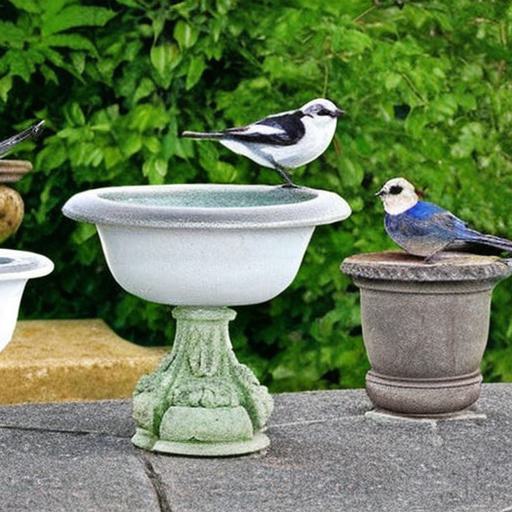Flex Seal is a widely known brand that offers a range of products for various household repairs. However, when it comes to using Flex Seal on bird baths, concerns arise regarding the safety of the product for both the birds and the environment. In this article, we will explore the potential risks associated with using Flex Seal on bird baths, examining the ingredients and considering alternatives to ensure the well-being of our feathered friends. Keep reading to discover essential information and make informed decisions when it comes to maintaining your bird bath safely.
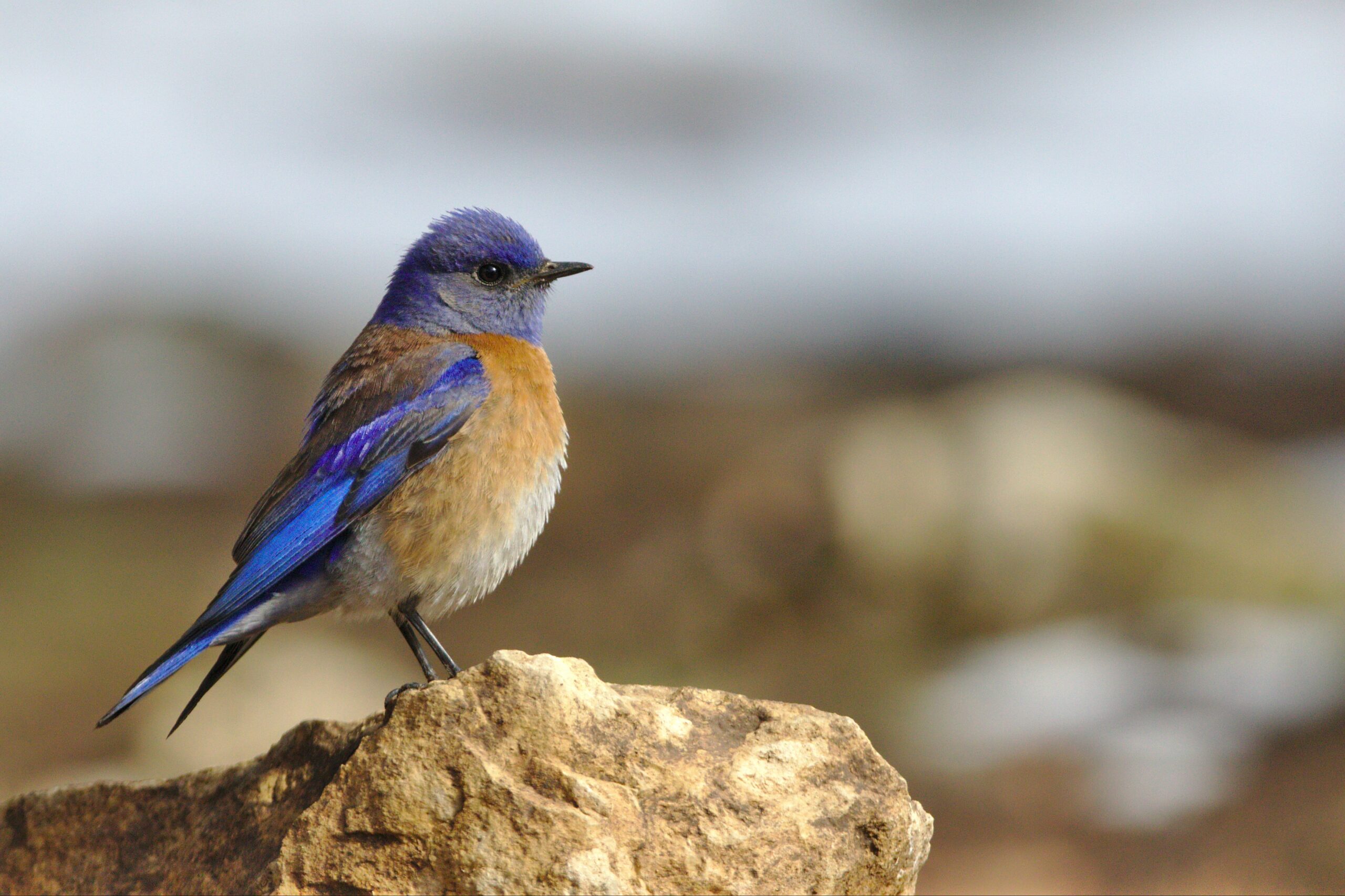
What is Flex Seal?
Definition of Flex Seal
Flex Seal is a popular brand of adhesive sealant known for its ability to create a flexible, waterproof barrier. It is commonly used for repairing leaks and cracks in various surfaces, including roofs, pipes, and gutters. Flex Seal products come in different forms, such as spray, liquid, and tape, making them versatile options for sealing different types of materials.
Types of Flex Seal Products
Flex Seal offers a range of products designed to meet different sealing needs. The most common types of Flex Seal products include:
- Flex Seal Spray: This is the original Flex Seal formula that comes in a convenient spray can. It is used to create a water-tight bond on various surfaces, providing protection against leaks and moisture.
- Flex Seal Liquid: This variant of Flex Seal comes in a liquid form that can be brushed, rolled, or dipped onto surfaces. It dries to create a flexible rubber coating, effectively sealing cracks and leaks.
- Flex Seal Tape: The Flex Seal tape is designed for quick and easy sealing of leaks and cracks. It is a super strong, waterproof tape that can be applied to any surface, providing an instant and durable seal.
Bird Baths and Their Importance
Definition of Bird Baths
Bird baths are shallow containers or pools that are specifically designed to provide water for birds to drink and bathe in. They are essential for maintaining the health and well-being of birds, especially during hot weather or in areas where natural water sources may be scarce. Bird baths typically consist of a basin or shallow pool of water, often with a pedestal or stand for stability.
The Importance of Bird Baths for Birds
Bird baths play a crucial role in the survival of birds by providing them with a necessary water source. Birds need to stay hydrated, and access to clean and fresh water is vital for maintaining their health. Bird baths also serve as a place for birds to bathe, which is essential for maintaining their plumage and overall hygiene. By attracting birds to your yard, bird baths can also enhance the enjoyment of observing and studying these beautiful creatures.
Potential Risks of Using Flex Seal
Chemical Composition of Flex Seal
Flex Seal products are made up of various chemicals, including polymers and solvents, to create their adhesive and waterproof properties. While these chemicals may be effective in sealing cracks and leaks, they can potentially pose risks when used in bird baths.
Ingestion and Contact Risks for Birds
Birds may accidentally ingest Flex Seal or come into contact with treated surfaces while drinking or bathing in bird baths. This can occur if the sealant has not fully cured or if the bird bath is not properly cleaned and maintained. Ingestion or contact with Flex Seal chemicals can potentially harm birds and affect their overall health.
Health Effects on Birds
The specific health effects of Flex Seal on birds are not well-documented, as there is limited research on this topic. However, some of the chemicals used in Flex Seal, such as solvents, may be toxic to birds if ingested or inhaled. Common symptoms of chemical exposure in birds include respiratory distress, neurological abnormalities, and digestive issues. Therefore, it is important to carefully consider the potential risks before using Flex Seal in bird baths.
Research and Expert Opinions
Studies on Flex Seal and Birds
Currently, there is limited scientific research specifically focused on the effects of Flex Seal on birds. The majority of studies related to Flex Seal are centered around its performance as a sealant for various applications, rather than its impact on avian health. Therefore, more research is needed to fully understand the potential risks associated with using Flex Seal in bird baths.
Expert Opinions on Using Flex Seal in Bird Baths
In the absence of extensive research, it is advisable to consider the opinions of experts in the field. Many avian experts and organizations caution against using Flex Seal in bird baths due to the potential risks it poses to birds. They recommend exploring safer alternatives that do not contain toxic chemicals and pose fewer risks to avian health.
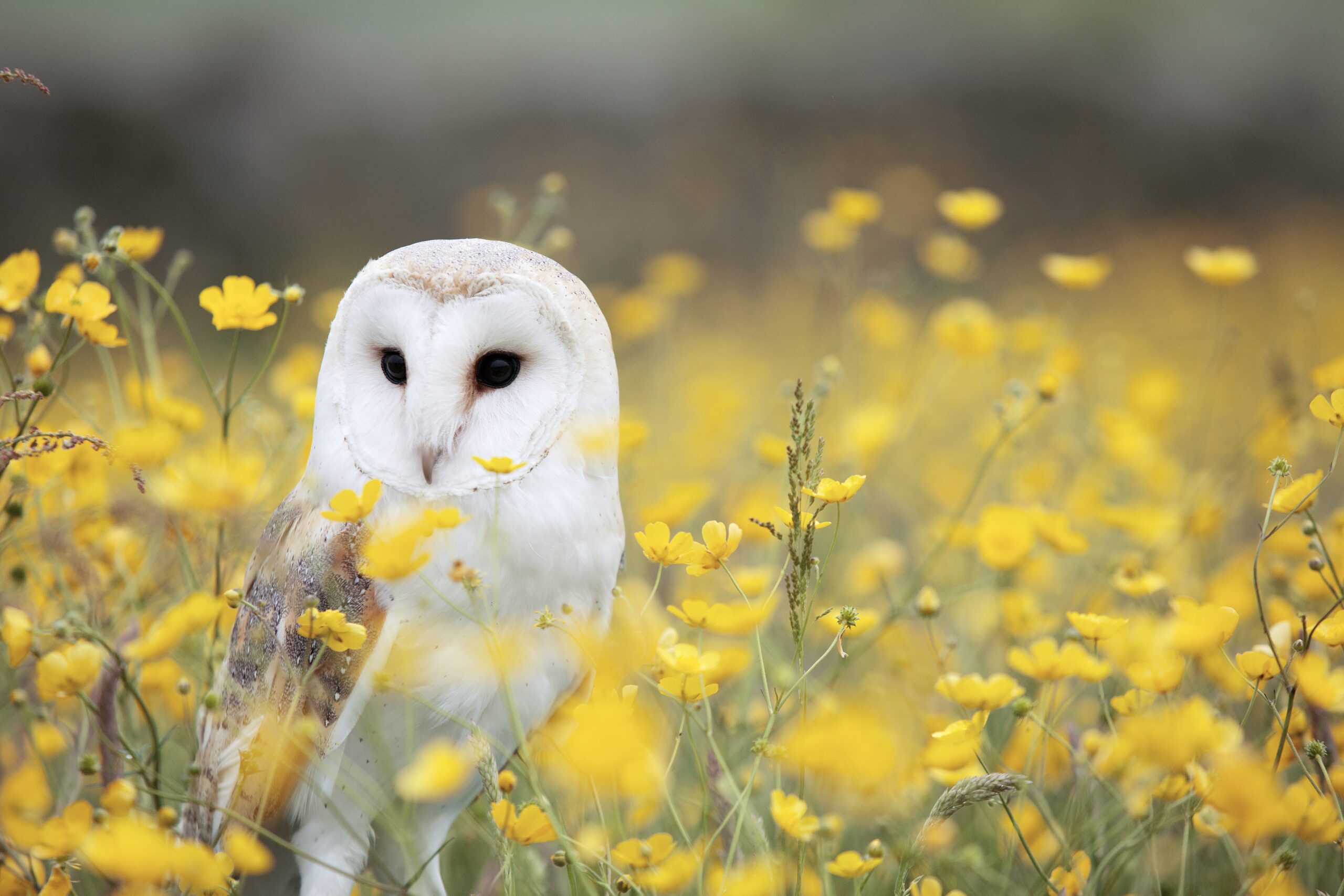
Alternatives to Flex Seal
Safe Sealing Options for Bird Baths
To ensure the safety of birds while maintaining a functional bird bath, it is recommended to explore alternative sealing options. Some safe sealing options for bird baths include:
- Food-Grade Sealants: Look for food-grade sealants that are specifically designed for use in environments where water may come into contact with edible substances. These sealants are generally non-toxic and safe for birds.
- Silicone-Based Sealants: Silicone-based sealants can provide a water-tight barrier without posing significant risks to avian health. Ensure that the sealant is labeled as non-toxic and safe for use in bird habitats.
Natural and Environmentally Friendly Sealants
For those looking for natural and environmentally friendly options, consider using sealants made from natural materials like beeswax or plant-based materials. These sealants provide a safe and non-toxic option for sealing bird baths while minimizing any potential harm to birds or the environment.
Precautions and Guidelines for Using Flex Seal
Proper Application Techniques
If you choose to use Flex Seal in your bird bath, it is important to follow proper application techniques. This includes thoroughly cleaning and drying the bird bath before applying the sealant. Ensure that the bird bath is free from any dirt, debris, or previous sealant residue to promote better adhesion.
Recommended Drying Time
Allow the Flex Seal to fully cure and dry before allowing birds to use the bird bath again. Follow the manufacturer’s instructions for the specific product being used, as drying times may vary. It is important to give the sealant enough time to off-gas and become non-toxic to minimize potential risks to birds.
Cleaning and Maintenance of Treated Bird Baths
Regularly clean and maintain the bird bath to prevent the accumulation of bacteria or other contaminants. Use mild soap and water for cleaning, and avoid using harsh chemicals that may interact with the sealant. Regular maintenance will help ensure the longevity of the sealant and reduce the potential for problems that may harm birds.
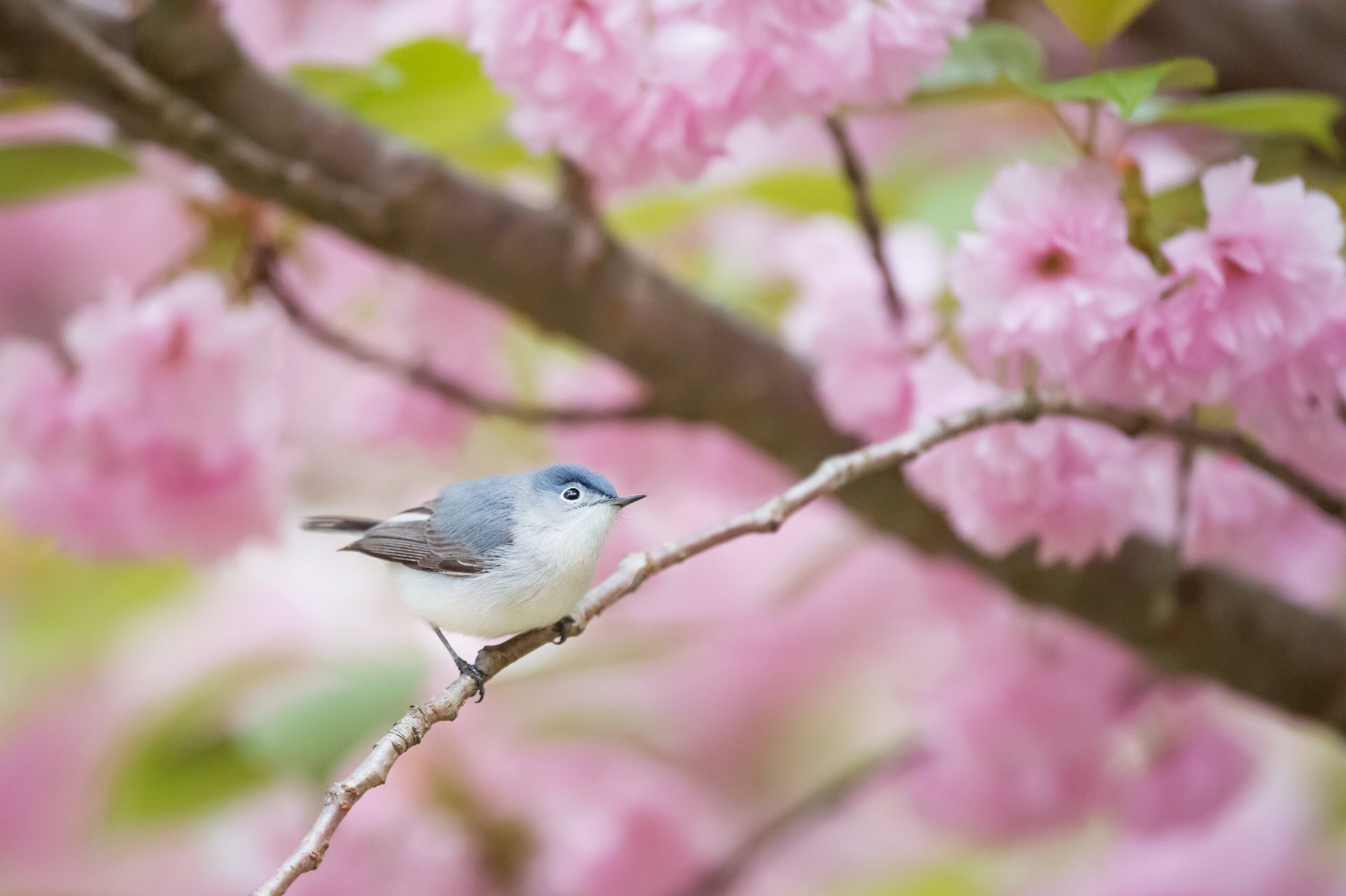
Best Practices for Bird Bath Safety
Choosing Safe Materials for Bird Baths
When selecting a bird bath, choose materials that are non-toxic and safe for birds. Avoid materials that may leach harmful chemicals into the water, such as certain plastics or metals. Opt for bird baths made from natural stone, ceramic, or glass, which are generally safer options.
Maintaining Hygiene in Bird Baths
Regularly clean and replace the water in bird baths to prevent the growth of harmful bacteria and diseases. Stagnant water can harbor parasites, algae, and other contaminants that may be detrimental to bird health. Cleaning the bird bath with mild soap and water or a diluted bleach solution can help ensure a clean and healthy water source for birds.
Placing Bird Baths Away from Hazards
Ensure that bird baths are placed away from potential hazards that may pose risks to birds, such as busy roads, windows, or areas frequented by predators. Providing a safe and peaceful environment will help attract birds and minimize the likelihood of accidents or dangerous situations.
Customer Experiences and Feedback
Positive Experiences with Flex Seal in Bird Baths
Some customers have reported positive experiences using Flex Seal in their bird baths. They have found it to be effective in sealing leaks and cracks, providing a waterproof barrier, and extending the lifespan of their bird baths. However, it is important to note that individual experiences can vary, and the potential risks to bird health should still be taken into account.
Negative Feedback and Concerns
On the other hand, there have been reports of concerns and negative feedback regarding the use of Flex Seal in bird baths. These concerns primarily revolve around the potential toxicity of the sealant and the risks it may pose to birds. Some individuals have observed adverse effects on birds after using Flex Seal in their bird baths, prompting them to seek alternative sealants.
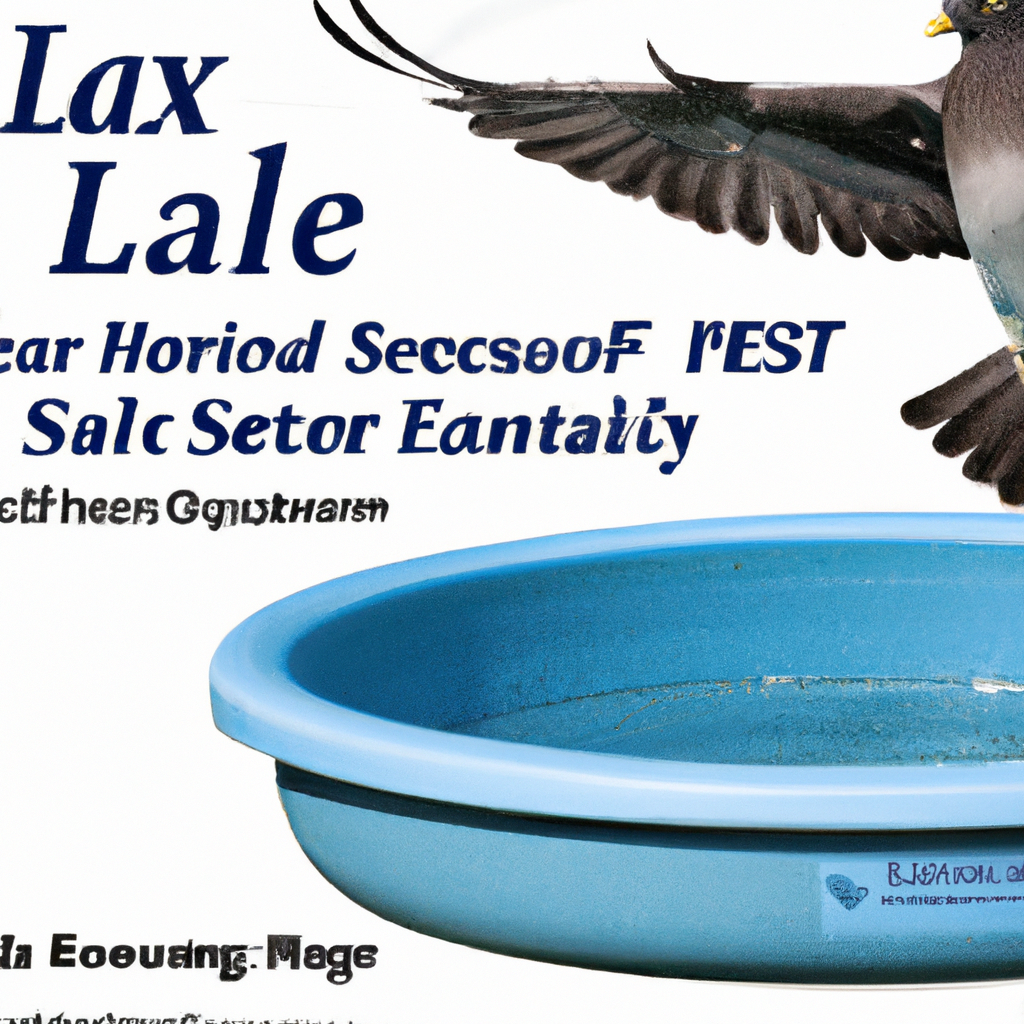
Summary and Conclusion
Assessment of Flex Seal’s Safety for Bird Baths
Considering the limited research and the potential risks associated with Flex Seal’s chemical composition, it is difficult to definitively assess its safety for bird baths. While some customers have reported positive experiences, the lack of scientific studies and the concerns raised by avian experts suggest that caution should be exercised when using Flex Seal in bird baths.
Importance of Considering Alternatives
Given the potential risks and the availability of safe alternatives, it is advisable to consider using alternative sealants that are specifically designed to be non-toxic and safe for birds. Prioritizing the well-being and health of birds should be the primary concern when choosing a sealant for bird baths.
Final Recommendations for Bird Bath Sealants
To ensure the safety of birds, choose sealants that are specifically labeled as non-toxic and safe for use in bird habitats. Consider food-grade sealants or silicone-based sealants as safer alternatives. Additionally, natural and environmentally friendly sealants made from beeswax or plant-based materials offer a non-toxic approach to sealing bird baths. Regular cleaning and maintenance, along with proper bird bath placement, also contribute to the overall safety and well-being of birds.
